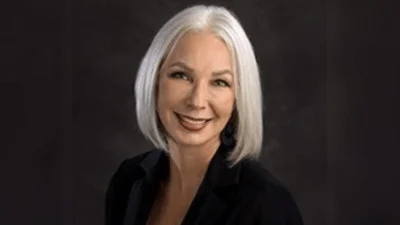Sally Pipes, President and CEO of the Pacific Research Institute, expressed concerns regarding the 340B Drug Pricing Program, highlighting how government initiatives can be subject to corruption and misuse despite their intended purpose. Pipes made these remarks in an op-ed.
"Even the most well-intentioned government initiatives can easily fall victim to corruption, graft, and abuse," said Pipes, President & CEO.
The federal 340B Drug Pricing Program has faced scrutiny for oversight deficiencies, including insufficient audit coverage, inadequate safeguards against duplicate discounts and diversion, and a lack of clear definitions for "340B patient." According to the Government Accountability Office (GAO), the program's administrator relies heavily on self-monitoring by covered entities and has not consistently documented essential contract features or eligibility verification. This situation has led lawmakers and watchdogs to call for improved enforcement and transparency reforms.
The GAO reports that as of January 2023, over 2,600 hospitals were participating in the 340B program, many benefiting from discounts under highly favorable conditions. Additionally, the Health Resources and Services Administration (HRSA) identified that the value of drugs purchased through the program represents a multibillion-dollar volume, though precise annual totals are not fully disclosed in oversight reports. These figures underscore the program's extensive scale and reach.
A peer-reviewed scoping review indicated that while the 340B program is linked with revenue gains for hospitals, clinics, and pharmacies, evidence is mixed regarding whether these gains lead to improved care or cost reductions for low-income or uninsured patients. The review highlighted compliance gaps revealed by audits and studies, a lack of transparency in revenue usage, and instances where service expansion occurred in higher-income areas rather than enhancing true safety-net services.
Pipes serves as President and CEO of PRI and holds the Thomas W. Smith Fellowship in Health Care Policy. Her previous roles include Research Director at Canada's Fraser Institute. She is an author and commentator on market-based health care reform with publications in major media outlets focusing on health insurance, regulation, and costs. Her expertise lies in applying free-market principles to health-care policy.
The Pacific Research Institute is a nonprofit public-policy research organization founded in 1979 that advocates for individual freedom and limited government. Its focus areas include health care, education, and the economy. PRI conducts research, hosts events, and advises policymakers on market-oriented reform strategies as a free-market think tank operating at both state and federal levels.













 Alerts Sign-up
Alerts Sign-up